What you need to know to get good quality sleep and the one rule to follow
SINGAPORE — Former American president Donald Trump bragged about getting just three to four hours of sleep a day and some people, too, like to tell of what an over-achiever they are by how productive and efficient they can be in their wakeful hours.
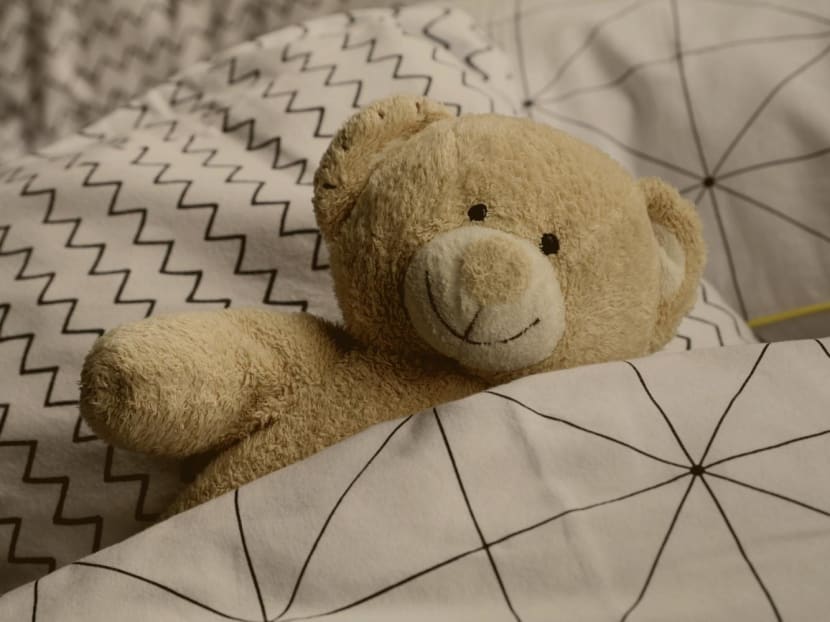
- Not getting enough sleep is a major risk factor for health and cognitive problems as well as a shorter lifespan
- Just going without sleep for more than 16 hours may bring on effects similar to that of cognitive loss
- Being stressed can affect one’s ability to fall asleep
- An essential rule to follow is to set aside an hour after work to wind down before bedtime
- Doctors also gave tips on how shift workers can sleep better
SINGAPORE — Former American president Donald Trump bragged about getting just three to four hours of sleep a day and some people, too, like to tell of what an over-achiever they are by how productive and efficient they can be in their wakeful hours.
Yet, is getting by with little sleep really a badge of honour you want to wear?
And in a competitive society such as Singapore, has sleep — or how little one gets — become a flag people fly high to show how tough they are and those who need more are somehow weaker?
Most healthy adults need seven to eight hours of sleep.
The amount of sleep people need varies with each individual and at different ages, but none of the sleep experts interviewed by TODAY will go on record to say that getting less sleep is healthy.
Dr Lim Li Ling, medical director of the Singapore Neurology and Sleep Centre, said: “Too little sleep is a risk factor for cognitive decline and mental health issues like depression and anxiety.”
Former British prime minister Margaret Thatcher, for instance, was also famously known to be a short sleeper, but the tough-as-nails leader reportedly had dementia in her old age.
Dr Lim, a neurologist who is one of the editors of Sleep Medicine: A Clinical Guide to Common Sleep Disorders, added: “There are rare cases of short sleepers who sleep four to five hours.
“Personally, I’ve never seen a true short sleeper who sleeps four or five hours and is truly healthy.”
Dr Kenny Pang, an ear, nose and throat specialist in private practice at Asia Sleep Centre, said that even if there are some people who claim that they need less sleep than others, they are an exception rather than the rule.
“Some of these people play catch-up on sleep during weekends and sleep a little more in order to pay back their sleep debt,” he added.
HOW MUCH SLEEP DO I NEED?
The amount of sleep one needs vary with age, Dr Lim and Dr Pang said.
- A newborn may need as much as 14 to 17 hours over the day
- Primary-school-going children should get around nine to 11 hours of sleep
- Teenagers will need eight to 10 hours
- Most adults will require seven to eight hours
- Older adults above 65 should get seven to eight hours as well but their sleep may be of poorer quality
WHY DO I WAKE UP FEELING TIRED?
Even if people get the recommended amount of sleep, they still may not sleep well or wake up feeling refreshed.
“One can sleep nine, 10 hours and still feel tired because of poor sleep quality,” Dr Pang said.
“For instance, a person with obstructive sleep apnoea do not get enough oxygen at night and stops breathing in their sleep because their airway is narrow and collapses during sleep. So, they wake up tired, sleepy and fatigued.”
WHO IS THE GOLD-STANDARD, ‘GOOD’ SLEEPER?
This person generally has regular sleep-wake schedules, feel refreshed upon awakening and is able to maintain alertness throughout the day without the need for a nap or sleeping in on weekends, Dr Lim said.
HOW MUCH DO SINGAPOREANS SLEEP?
Based on 2019 data collected by wearable technology brand Fitbit from 18 countries, Singaporeans are among the poorest sleepers in the world.
In Singapore, users of Fitbit — which collects data on health indicators such as sleep — generally had seven hours and five minutes of sleep.
Even though that was still within the recommended range, it was 28 minutes less than the average nightly sleeping hours of Fitbit users in the United States and 44 minutes less than the average nightly sleep that Fitbit users in the United Kingdom got.
Singapore users also had one of the lowest amount of rapid eye movement (REM) sleep on average, around 80 minutes, compared to the global average of 84 minutes.
Dr Conor Heneghan, lead sleep research scientist at Fitbit, said that REM sleep has been associated with optimal mental functioning, especially in relation to creative thinking.
REM sleep usually starts about 90 minutes after a person falls asleep.
“Deep and REM sleep together are believed to be critical for memory formation and creative association.
“We tend to get most of REM sleep later in the night so users that cut short their sleep by waking early can lose out on this most important aspect of sleep,” he added.
HOW WAS SLEEP AFFECTED DURING THE PANDEMIC?
Sleep quality got worse during the Covid-19 pandemic.
In an international survey done by electronics and technology firm Philips, Singaporeans were found to be sleeping an average of 6.8 hours a night on weekdays and 7.3 hours on weekends in late 2020.
This was less than an average of seven hours on weekdays and 7.5 hours on weekends in 2019.
Only 21 per cent of those in the 2020 Philips survey said that they felt well-rested most of the time when waking up in the morning.
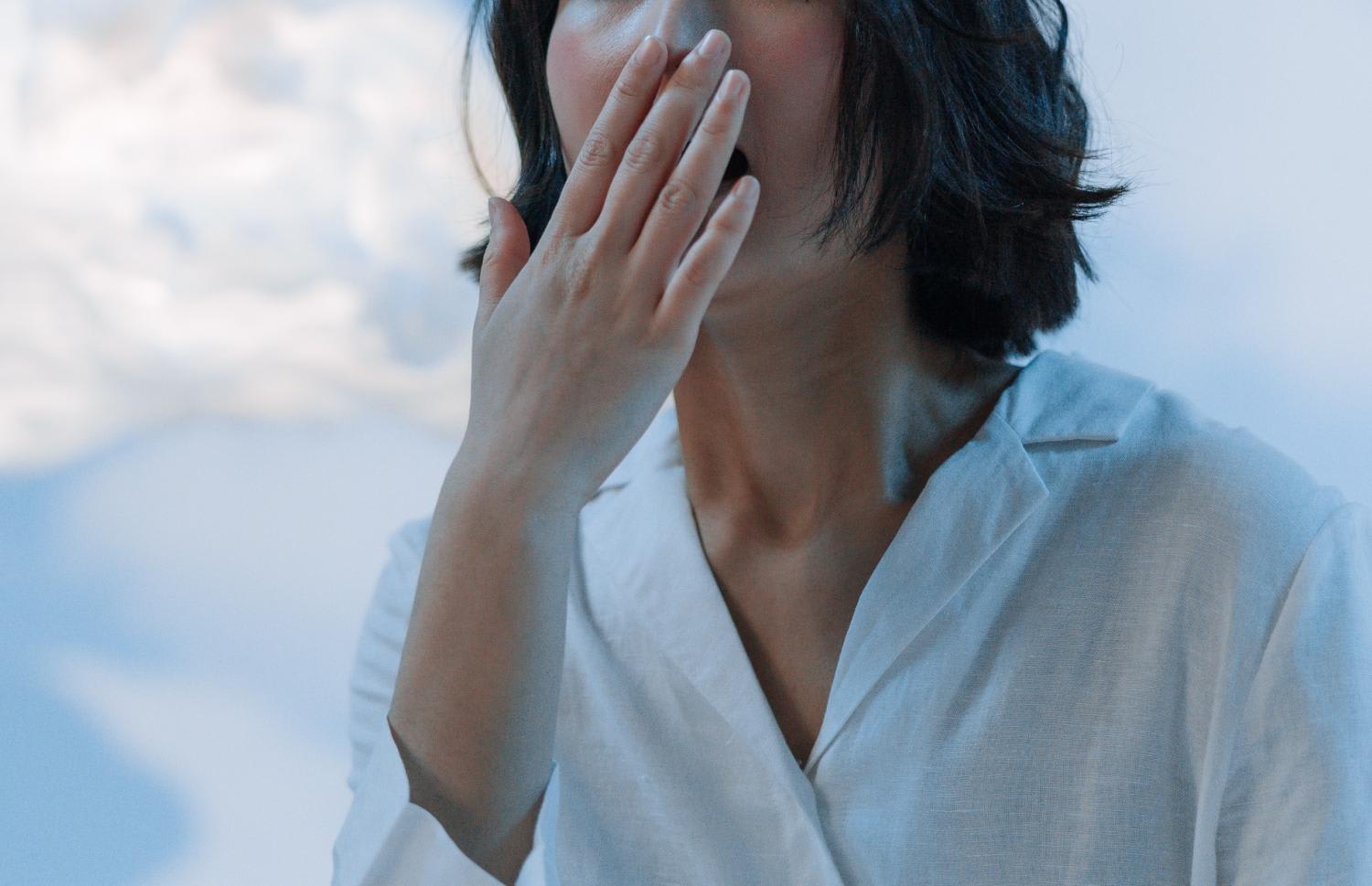
Dr Lim’s observation was that certain groups of people had poorer sleep during the pandemic despite experiencing less commuting time while working or having home-based school learning.
This was especially so for people who became busier due to adjusting to new ways of work, such as teachers, airport workers and frontline healthcare personnel.
“There was also a blurring of work and home time. Many people were also losing income. Even if some people had more free time during the pandemic, they may be affected by loss of income so they weren’t having a stress-free time,” she added.
Dr Pang said that although many people started exercising during the pandemic, there was another group who stopped exercising and gained weight while working from home.
Excess weight is a risk factor for sleep disorders such as obstructive sleep apnoea, which disrupts sleep quality.
HOW STRESS MESSES UP SLEEP
Dr Lim said that after being awake for around 16 hours, the brain will typically become tired, less alert, and require sleep to recharge.
“Do you notice at the beginning of the day, you’re fresh and alert? But by 4pm or 5pm, you start to feel tired and your mind slows down, especially if your work requires a lot of focus.”
Then, when a person is stressed, stress hormones such as adrenaline and cortisol remain high in the body, affecting one’s ability to fall asleep.
“When you’ve hit the 16-, 20- or 24 hour-mark (of going without sleep), you will feel very tired but may not be able to sleep because your body is wired up and in a high arousal state.
“Therefore, you get that paradoxical feeling of being tired but not being able to fall sleep,” Dr Lim explained.
That is why factoring in enough downtime (see tips further below) to relax before bedtime is important.
WHY YOU ARE AN ACCIDENT RISK WHEN SLEEP-DEPRIVED
While it might be possible to get away with less sleep during a particularly busy work or study week, research has found that even being moderately sleep-deprived can impair alertness, reaction time, coordination and judgement.
Dr Lim said: “Cut short on sleep and you won’t do so well the next day.
“Detrimental effects of too little sleep includes lack of alertness, irritability and poorer concentration the next day.
“If you drive or operate machinery, there is a higher risk of accidents.”
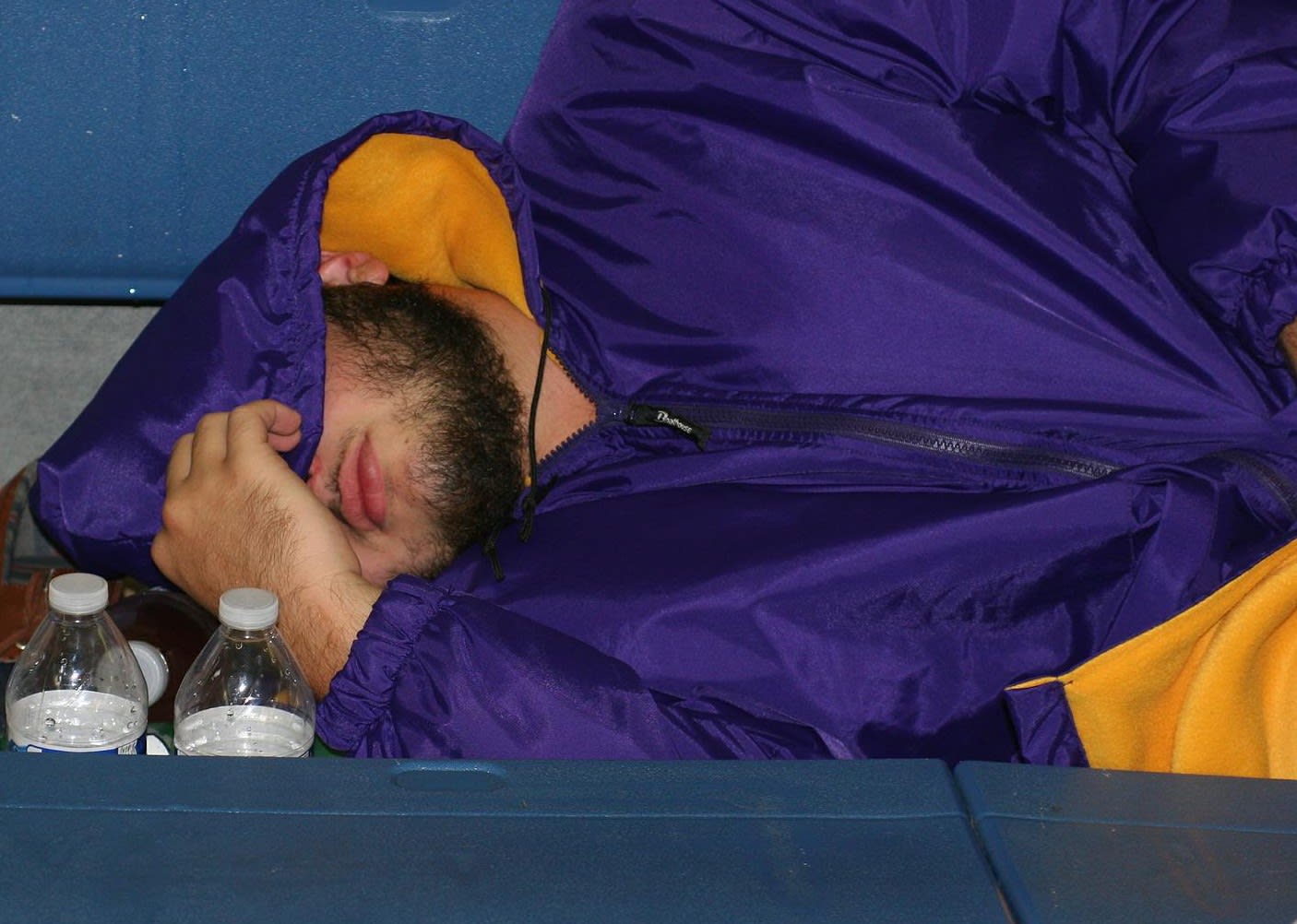
Lack of sleep over time has been associated with a shorter lifespan as well, she added.
This is because not getting enough sleep over time is stressful on the body, and can have an impact on various aspects of health including cardiovascular, psychological, immune and endocrine function, Dr Lim said.
WHAT IF I SLEEP MORE THAN IS NEEDED?
Too much of a good thing can also be detrimental.
Research showed that excessive sleep was associated with higher mortality.
A study published in the Journal of the American College of Cardiology in 2019 showed that adults aged 40 to 69 who slept less than six hours or more than nine had a 32 per cent higher risk of having a heart attack.
Another study that looked at data from 21 countries and was published in the European Heart Journal in 2018 found that adults who slept more than the recommended upper limit of eight hours had a 41 per cent increased risk of major cardiovascular events such as a stroke or heart failure, as well as death.
A possible reason put forth by researchers was that having underlying health conditions may cause people to sleep longer.
Dr Lim pointed out that when people sleep a lot, it does not mean they are “good” sleepers.
Oversleeping could be due to an underlying sleep disorder like obstructive sleep apnoea or a mental health condition such as depression.
“Usually when people sleep a lot, they often tell you they don’t feel refreshed even after, say, 12 hours of sleep,” she added.
WHAT IS THE TOP RULE FOR GOOD SLEEP HYGIENE?
In short, getting enough sleep is non-negotiable.
“People need to know how important sleep is to your optimal health and brain function, and not think it’s inconsequential or even wear it as a badge of honour,” Dr Lim said.
The doctors who spoke to TODAY suggested trying some simple and sensible measures to improve sleep.
For a start, the one rule to follow is this: Set a time to stop working and have a wind-down period leading up to bedtime.
This is especially relevant for people working from home where work and rest time may be blurred.
“Do not expect to shut down your laptop at midnight and sleep at 12.01am. Usually you will need about an hour of wind-down,” Dr Lim said.
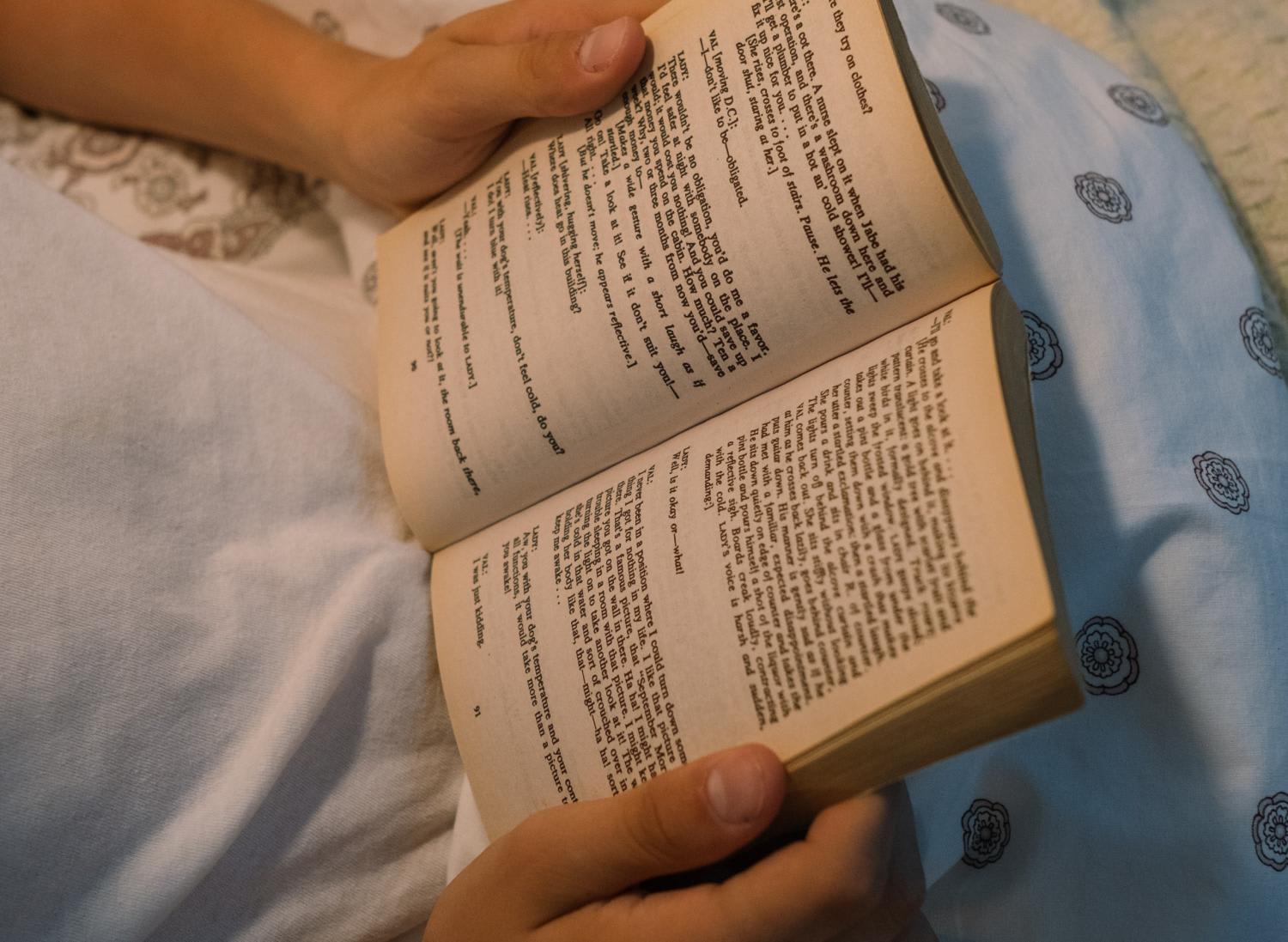
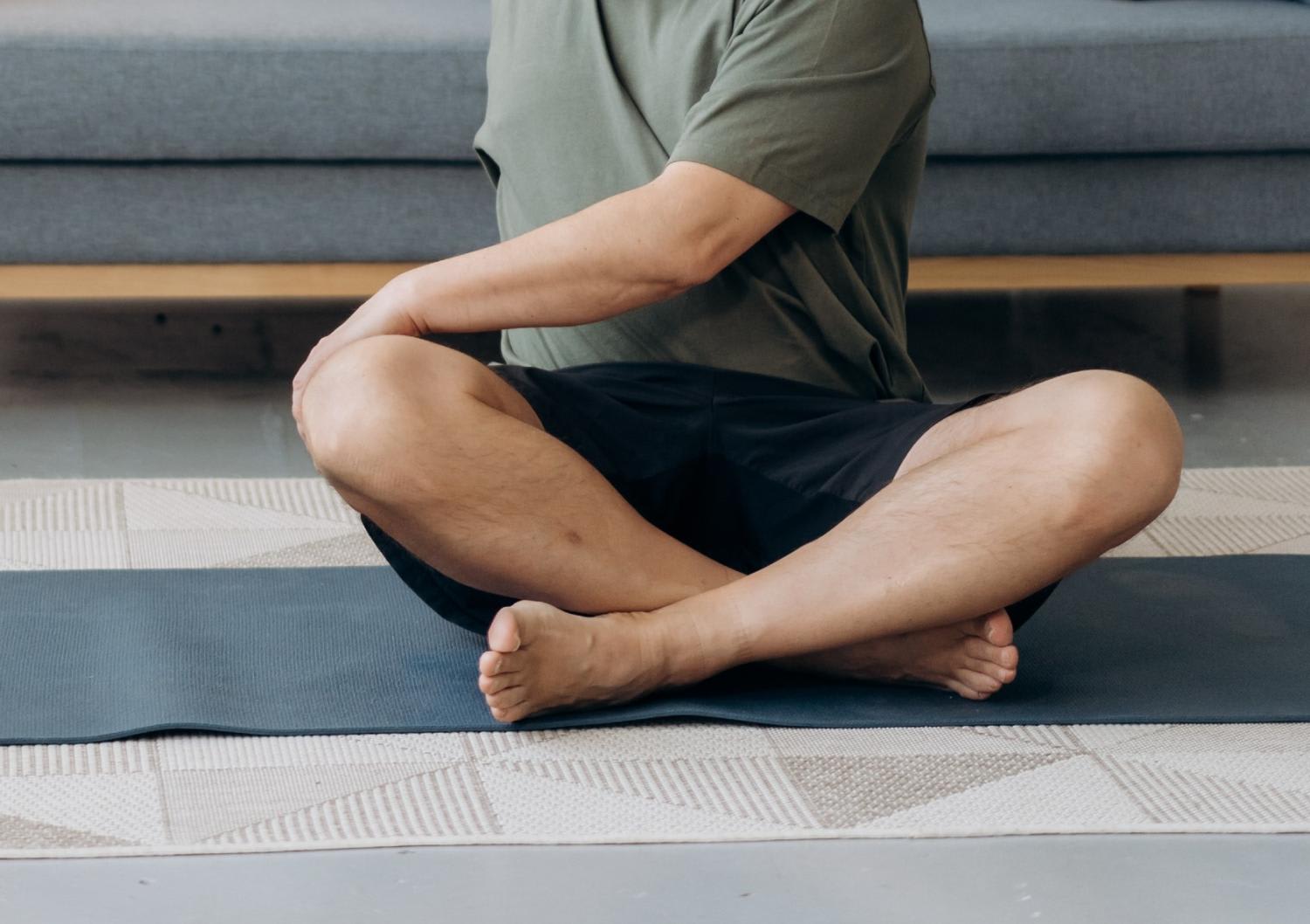
She also cautioned against taking caffeine too late in the day, especially for people who have problems with sleep.
“People consume things that make them unable to fall asleep, such as highly caffeinated beverages to stay awake.
“But the caffeine may stay in the system for up to 12 hours. So if you take caffeine now at 1pm, it may still be in your system at 12am to 1am, which may keep you alert.”
Winding down at the end of the day can take the form of a warm bath, relaxing meal, dimming the lights, reading quietly or progressive muscle relaxation, which is a relaxation technique that involves tensing and relaxing muscles in the body to reduce tension.
“If we can learn to wind down after a day of stresses, our natural sleep drive that has built up over the day of wakefulness takes over, and allows us to fall asleep naturally,” Dr Lim added.
HOW TO SLEEP WELL WITH IRREGULAR SHIFT HOURS
Going to bed the same time each day is recommended.
“This will allow your mind and body a chance to rest regularly, and at a fixed scheduled time,” Dr Pang said.
People who vary their sleep-wake times tend to have poorer quality sleep and less sleep.
“The best adjustment is to do the morning shift for two weeks, afternoon shift for two weeks and then night shift for two weeks. Follow this cycle in this order.Dr Lim Li Ling, medical director of the Singapore Neurology and Sleep Centre”
For people who have no choice and have to do shift work, it is important to continue to adhere to good sleep hygiene rules.
“For example, depending on their shift timing, do not consume caffeine 12 hours before bedtime,” Dr Lim said.
Another advice for shift workers is to try to do the same shift for a prolonged period of time, if possible, instead of changing shift hours every few days.
“The best adjustment is to do the morning shift for two weeks, afternoon shift for two weeks and then night shift for two weeks. Follow this cycle in this order.
“The reason is that it is more natural to sleep later and later, than to go back and forth every few days,” Dr Lim said.
She added that melatonin — a natural sleep hormone that can be taken as a supplement — can help people with temporary sleep disturbances due to shift work or jet lag.
“Melatonin shifts your sleep clock and makes you sleepy. Many patients with mild sleep disorders can do well on it.”
For those with more severe forms of depression and anxiety that affect sleep, they should see a doctor or psychiatrist to be prescribed anti-depressants or anti-anxiety drugs. This is to also manage the taking of sleeping pills if given by the doctors, since the pills are potentially addictive.









